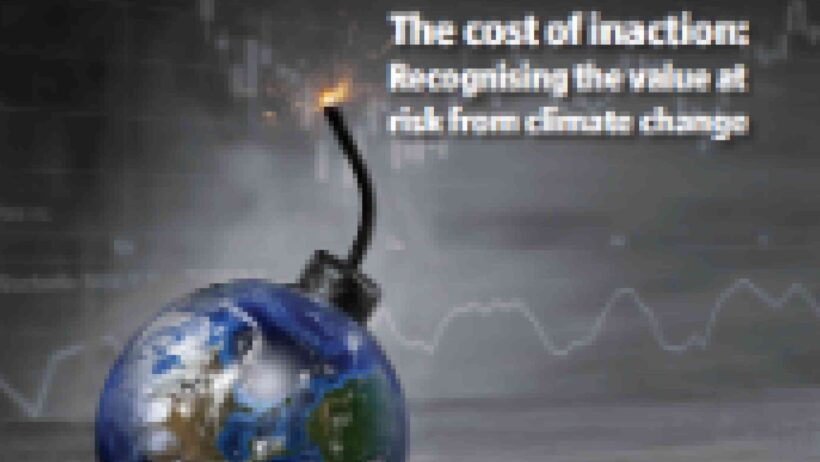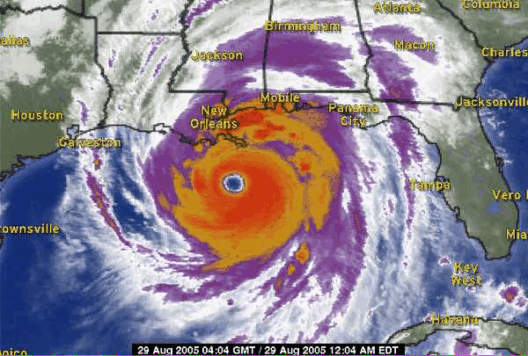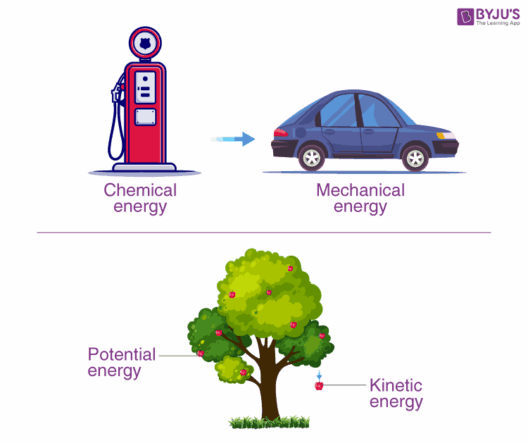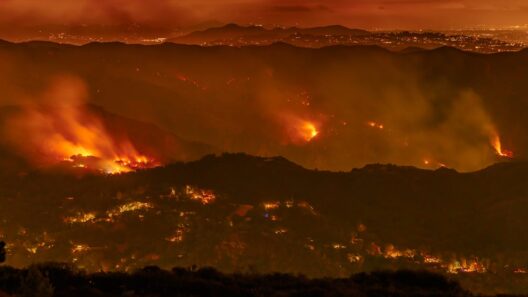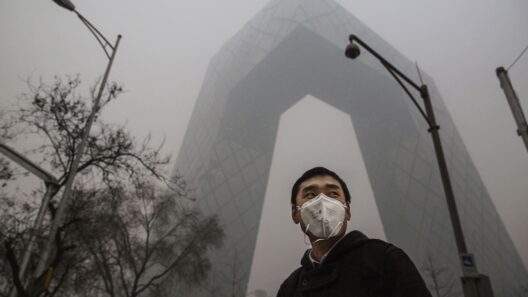The increasing prevalence of climate change is no longer a prediction; it is a reality that society is beginning to confront with palpable urgency. The cost of inaction associated with this pressing global issue is not merely a monetary calculation. It encapsulates the broad spectrum of risks that humanity faces, from ecological disruption to economic upheaval, social destabilization, and the moral implications of ignoring the plight of the most vulnerable populations.
As we delve into the myriad consequences of unchecked climate change, it is essential to acknowledge the interconnectivity of ecosystems. The degradation of natural habitats results from rising temperatures, altered precipitation patterns, and intensified weather events. For instance, coral reefs, which provide essential biodiversity and coastal protection, are rapidly deteriorating. Their demise not only threatens marine life but also disrupts the livelihoods of millions who depend on fishing and tourism.
Moreover, the phenomenon of rising sea levels, spurred by the melting of polar ice caps, raises grave concerns about the future of coastal cities. Urban populations living in low-lying areas face the prospect of displacement, prompting an influx of climate refugees. Such a mass migration creates socio-political tensions, straining resources and potentially leading to conflicts over land, water, and energy. The notion that climate change could be a catalyst for geopolitical instability is a reality we cannot afford to ignore.
Beyond environmental and social turmoil, the economic ramifications of inaction are staggering. Agriculture, a foundation of human livelihood, is particularly vulnerable to climate variability. Changes in temperature and precipitation directly affect crop yields, leading to food insecurity. A decline in agricultural productivity not only drives up food prices but also destabilizes entire economies, particularly in developing nations reliant on agriculture as a primary economic driver. The irony is that those least responsible for greenhouse gas emissions are often the most adversely impacted.
Furthermore, the healthcare implications of climate change are profound. Air quality deterioration, largely due to increased emissions from fossil fuels and deforestation, leads to respiratory ailments and cardiovascular diseases. Extreme weather events, including heatwaves, floods, and hurricanes, pose direct threats to public health, leading to injuries, fatalities, and the disruption of health systems. The costs associated with healthcare infrastructure, emergency responses, and long-term treatment of climate-related ailments accumulate significantly over time. The question remains: How much longer can society afford to neglect these burgeoning healthcare costs?
Climate change also exacerbates inequality, disproportionately affecting marginalized communities. In wealthier nations, the resources to adapt and mitigate climate impacts are often available; however, in economically disadvantaged regions, the capacity for resilience is severely limited. This inequity creates a cycle of disadvantage that could endure for generations. Addressing climate change, therefore, transcends environmental stewardship; it becomes a moral imperative to foster social justice.
The psychological toll of living under the specter of climate change cannot be underestimated. The pervasive awareness of environmental degradation evokes anxiety and hopelessness among individuals, particularly younger generations. This phenomenon, often termed eco-anxiety, underscores the profound psychological implications of a changing climate. It fosters a sense of helplessness and despair, further complicating collective societal action. Investing in mental health resources may become increasingly essential as the realities of climate change unfold.
In action lies danger, yet the momentum behind mitigating climate change is growing. Transitioning to renewable energy sources such as solar, wind, and hydroelectric power not only promises a reduction in greenhouse gas emissions but also spawns economic opportunities. Investment in green technologies could yield job creation, stimulating economies that are hampered by reliance on fossil fuels. The transition from fossil fuels to renewable energy forms part of a broader shift towards sustainable development, wherein ecological health aligns with economic vitality.
The importance of fostering global cooperation cannot be overstated. Climate change is an inherently transnational issue, necessitating collective commitment and action. International agreements such as the Paris Agreement reflect an acknowledgment of the global nature of climate action; however, commitments must translate into tangible actions. Transparency and accountability in climate policies are crucial for ensuring that nations adhere to their pledges, thereby mitigating the consequences of climate change.
Education serves as a pivotal conduit for change. Raising awareness about the economic, social, and environmental costs of climate inaction empowers individuals to make informed choices. Advocacy for sustainable practices, whether in consumption patterns, waste management, or energy use, fosters a culture of environmental stewardship. A collective commitment to sustainability at the individual, community, and national levels can catalyze a shift towards a more sustainable future.
Ultimately, the inextricable link between climate change and our collective wellbeing necessitates urgent action. The costs of inaction—encompassing ecological degradation, economic decline, social instability, and the erosion of public health—are far too high. By addressing climate change through a multifaceted lens that encapsulates environmental, economic, and social dimensions, society can chart a sustainable path forward, ensuring a habitable planet for future generations. Embracing this challenge, therefore, represents not merely an act of preservation but a profound opportunity for regeneration and renewal.


